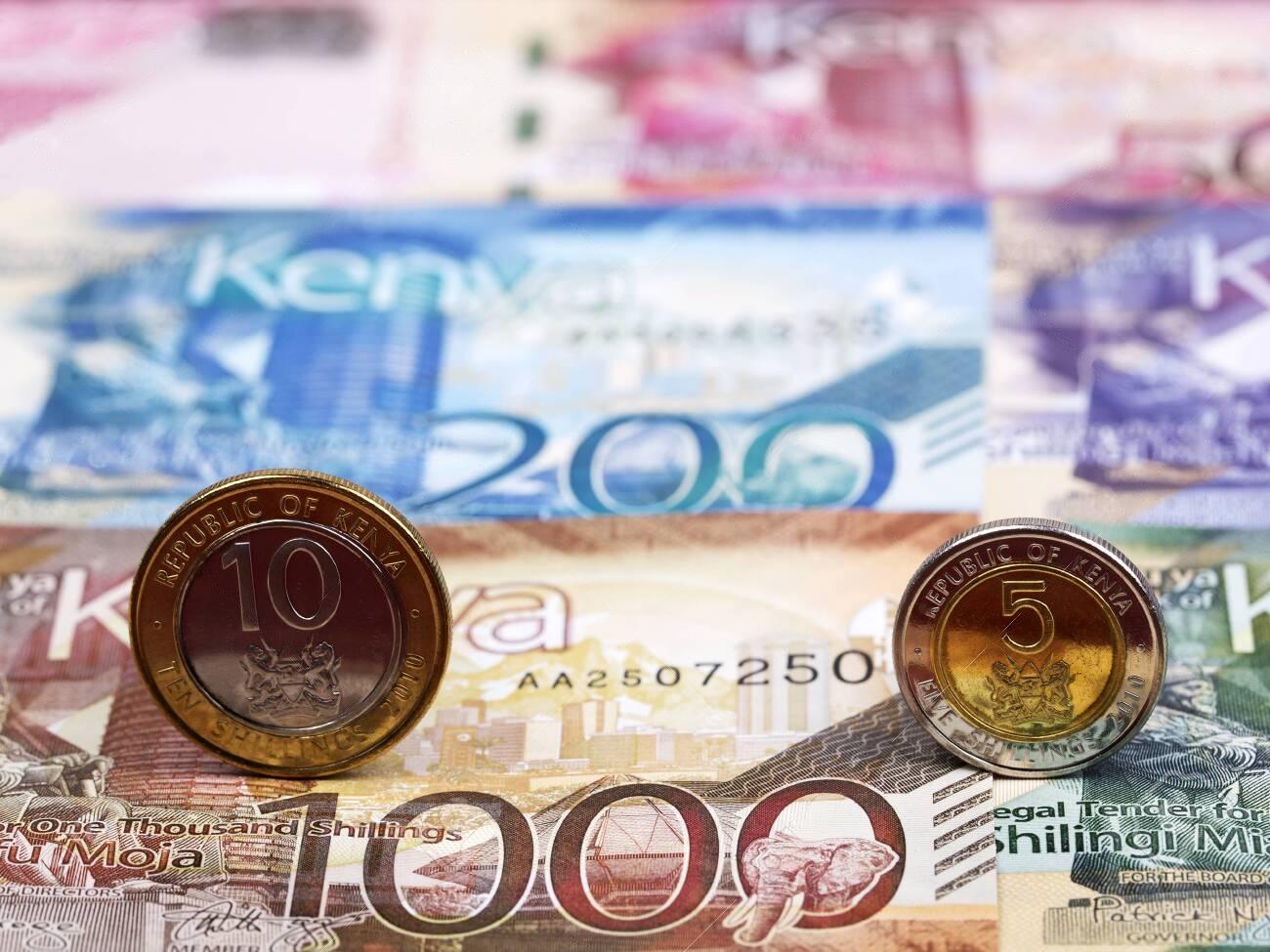It’s the beginning of the month, and the mood is generally good – your pockets are heavy, your salary is still unused, and you are very happy. Before you make your next move, let me tell you what the economic situation is like.
Bear with me for a moment – you will come across jargon you probably don’t encounter daily, but I promise you will have grasped what I have to say, and you will be happy and smarter. Shall we?
Now, Fitch Ratings has downgraded Kenya’s sovereign credit rating from ‘B’ to ‘B-‘ due to increasing fiscal risks associated with the government’s financial management. This decision follows a similar downgrade by Moody’s and reflects growing concerns about the country’s economic stability, particularly after the government abandoned proposed tax increases in response to public protests.
Fitch and Moody’s are two of the three influential Wall Street agencies that rate the creditworthiness of issuers. The third, S&P, is due to announce its own decision on Kenya on August 23.
The downgrade signifies a heightened risk for investors, potentially leading to increased borrowing costs and a broader market sell-off.
Fitch’s downgrade is also influenced by the government’s recent decision to abandon a plan aimed at raising $2.7 billion through tax measures in the Finance Bill 2024, which was initially recommended by the IMF. This reversal followed significant public unrest. The agency anticipates a widening fiscal deficit, projecting it to reach 4.7% of GDP for the financial year ending June 2025, which is higher than the government’s revised deficit plan.
Despite these challenges, Fitch maintains a stable outlook for Kenya, citing strong official creditor support that may alleviate short-term liquidity pressures. However, the agency warns of ongoing risks, including potential social unrest that complicates fiscal consolidation efforts and poses downside risks to economic activity. The banking sector, while still well-capitalized, faces increased asset risks, with non-performing loans rising significantly.
Overall, the downgrades by Fitch and Moody’s highlight serious concerns regarding Kenya’s fiscal health and economic outlook, with direct implications for the everyday lives of its citizens.
Implications for the Everyday Kenyan
So what are the Implications of this for the Local Mwananchi?
Increased Borrowing Costs
Firstly, you should expect Increased Borrowing Costs. The downgrade is expected to raise the government’s borrowing costs, which may lead to higher interest rates on loans and mortgages. Consequently, accessing credit will become more expensive for you.
Decreased Foreign Investment
Number two, the downgrade signals to investors that Kenya presents a higher investment risk, which could result in decreased foreign investment. This reduction may hinder economic growth and limit job creation, directly affecting the local population.
Inflationary Pressures
Thirdly, As the government faces higher financing costs, it may resort to increasing taxes or cutting public spending. Both strategies could lead to inflation, further diminishing the purchasing power of the mwananchi.
Market Volatility
Fourthly, The potential for a sell-off in Kenyan bonds and equities could introduce volatility in financial markets. This, in turn, can directly impact the savings and investments of ordinary Kenyan citizens, particularly those with retirement savings and other collective investments.
Currency Depreciation
Finally, Currency Depreciation: A credit downgrade can lead to a depreciation of the Kenyan shilling as investors withdraw their capital. A weaker currency can increase the cost of imported goods, affecting everyday expenses for the average Kenyan.
Whew, that’s a lot to take in, huh? But don’t worry, my friend. With a little bit of financial savvy, you can navigate these choppy waters and come out on top. We have always done and this time, it won’t be different. Here’s what I suggest you do: First and foremost, be mindful of your spending. Now is the time to tighten that belt and focus on the essentials. Avoid unnecessary splurges and be strategic with your hard-earned cash.
Secondly, consider diversifying your investments. Don’t put all your eggs in one basket. Spread your money around in different asset classes, like real estate, stocks, or even low-risk government bonds. This will help cushion the blow of any market volatility.
Lastly, stay calm and carry on. Remember, this too shall pass. With a little bit of prudent financial planning and a positive mindset, you can weather this storm and come out even stronger. Chin up, my friend, and let’s make the most of what we have!




















+ There are no comments
Add yours